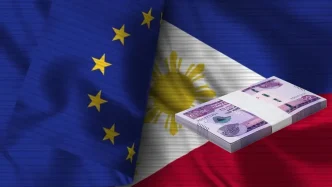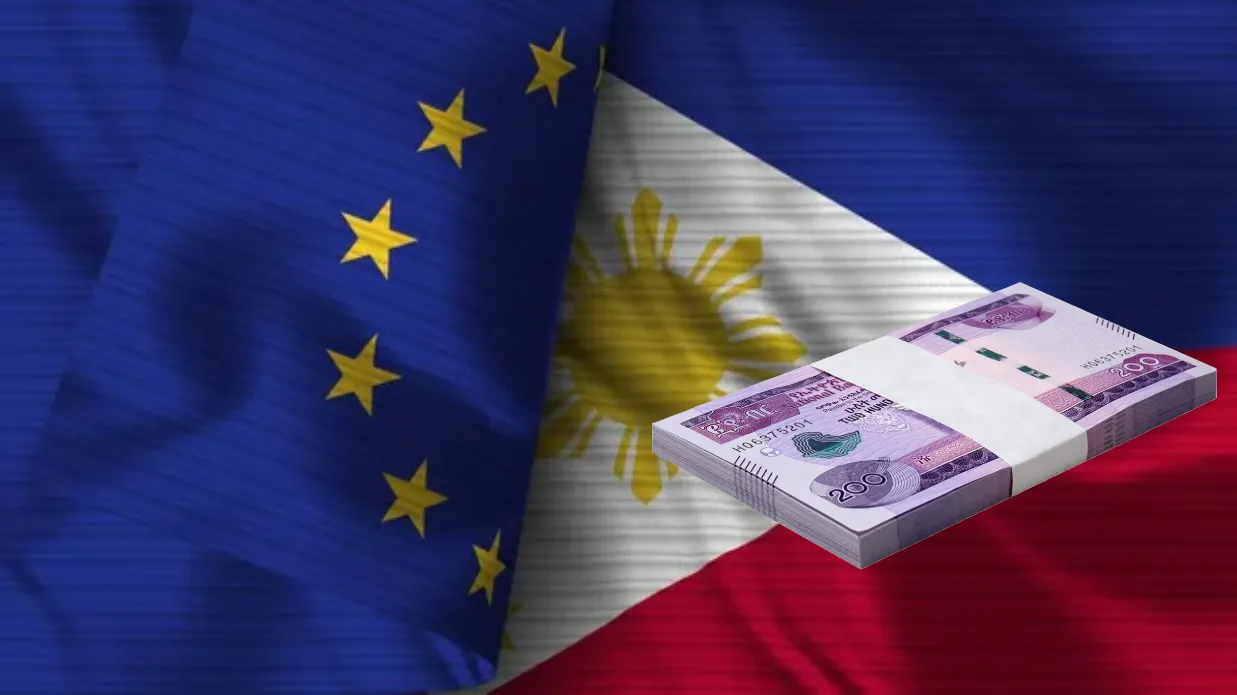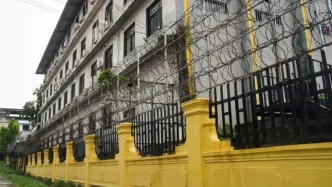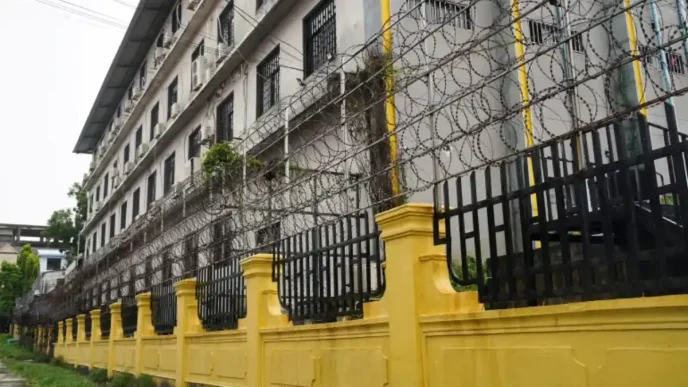In a significant boost to its international financial standing, the Philippines has been removed from the European Union’s list of jurisdictions deemed at high risk for money laundering and terrorism financing. Announced on June 12, 2025, by the European Commission, the decision aligns with recent assessments by the Financial Action Task Force (FATF) and reflects years of reforms by Manila to strengthen its financial oversight systems. This development could pave the way for increased foreign investment and improved economic ties with Europe, though challenges remain in sustaining these gains amid regional and global scrutiny.
A Milestone for Financial Reforms
The European Commission’s decision to delist the Philippines comes as part of a broader update to its roster of high-risk jurisdictions, which also saw the removal of Barbados, Gibraltar, Jamaica, Panama, Senegal, Uganda, and the United Arab Emirates. The EU emphasized that the revised list was informed by the work of the FATF, a global watchdog on money laundering and terrorism financing, which had earlier in 2025 taken the Philippines off its own list of jurisdictions under increased monitoring, commonly referred to as the “grey list.”
The EU’s statement highlighted the rigorous process behind the decision: “The Commission has carefully considered the concerns expressed regarding its previous proposal and conducted a thorough technical assessment, based on specific criteria and a well-defined methodology, incorporating information collected through the FATF, bilateral dialogues, and on-site visits to the jurisdictions in question.” This suggests that Manila’s efforts to address systemic vulnerabilities in its financial sector—ranging from banking regulations to anti-corruption measures—have been recognized at an international level.
For the Philippines, inclusion on such lists has historically posed significant barriers to economic growth. High-risk designations often deter foreign investors, raise the cost of international transactions, and complicate access to global banking networks. Removal from the EU list, therefore, marks a critical step toward restoring confidence in the country’s financial systems.
Years of Struggle and Reform
The Philippines has long grappled with challenges related to money laundering and terrorism financing, issues compounded by its archipelagic geography, porous borders, and historical struggles with corruption. The country was first placed under increased scrutiny by the FATF in 2019, following concerns over weak regulatory frameworks and inadequate enforcement mechanisms. At the time, international observers pointed to the role of casinos, remittance networks, and informal financial channels as potential conduits for illicit funds, particularly in relation to organized crime and insurgent groups in the southern regions like Mindanao.
In response, the Philippine government, under successive administrations, introduced a series of reforms. These included amendments to the Anti-Money Laundering Act, enhanced monitoring of financial institutions, and closer cooperation with international bodies like the FATF. The creation of task forces to combat terrorism financing, alongside stricter Know-Your-Customer (KYC) protocols in the banking sector, were among the measures that gradually shifted perceptions of the country’s commitment to financial integrity.
By 2023, the FATF acknowledged “significant progress” in addressing strategic deficiencies, though it kept the Philippines under monitoring until early 2025, when it was finally delisted. The EU’s decision to follow suit reflects a broader consensus that Manila has taken meaningful steps, though some analysts caution that sustained effort is necessary to prevent backsliding.
Economic Implications for the Philippines
The delisting is expected to have tangible economic benefits for the Philippines, a nation heavily reliant on foreign direct investment (FDI) and remittances from overseas workers. Being removed from the EU’s high-risk list could lower the compliance costs for banks and businesses engaging in cross-border transactions with European entities. It may also encourage European companies to view the Philippines as a safer destination for investment, particularly in sectors like infrastructure, technology, and renewable energy, where the country has sought to attract capital.
According to estimates from the Bangko Sentral ng Pilipinas (BSP), the central bank, FDI inflows could increase by as much as 10-15% over the next two years if international confidence continues to grow. This comes at a crucial time, as the Philippine economy seeks to recover from the lingering effects of the COVID-19 pandemic and navigate global uncertainties such as inflation and supply chain disruptions.
Moreover, the decision could bolster the Philippines’ standing in international trade negotiations. With fewer financial hurdles, Manila may find it easier to deepen economic partnerships with the EU, one of its largest export markets for goods like electronics, agricultural products, and textiles. A potential revival of talks for a free trade agreement (FTA) between the EU and the Philippines, stalled in recent years due to human rights and governance concerns, could also gain momentum.
Regional and Global Context
The Philippines’ delisting must also be viewed within the broader context of global efforts to combat money laundering and terrorism financing. The FATF, established in 1989, sets international standards for financial transparency and has been instrumental in pressuring jurisdictions to align with best practices. Its grey list, while not as severe as the blacklist (which includes countries like North Korea and Iran), signals to the international community that a country poses risks that require mitigation.
In the Asia-Pacific region, the Philippines joins other nations like Malaysia and Indonesia, which have also worked to exit the FATF’s monitoring list in recent years. However, challenges persist across Southeast Asia, where illicit financial flows are often linked to drug trafficking, human smuggling, and corruption. For the EU, maintaining a credible list of high-risk jurisdictions is part of its commitment to safeguarding the integrity of the global financial system, especially as digital currencies and fintech platforms create new avenues for money laundering.
The simultaneous delisting of other jurisdictions, such as Panama and the United Arab Emirates, underscores the EU’s evolving approach to risk assessment. Critics of the EU’s methodology have in the past argued that its designations can be overly punitive or influenced by political considerations. However, the bloc’s emphasis on technical assessments and collaboration with the FATF suggests a more evidence-based framework in this latest update.
Domestic Reactions and Future Challenges
In the Philippines, the announcement has been met with cautious optimism. Government officials have hailed the delisting as a validation of their reform agenda. Finance Secretary Ralph Recto, speaking to local media, described it as “a testament to the hard work of our institutions and the resilience of the Filipino people in addressing global challenges.” Business leaders, particularly in the banking and export sectors, have echoed this sentiment, noting the potential for reduced operational costs and improved market access.
However, not all reactions are unequivocally positive. Some civil society groups and financial watchdogs have warned that the delisting should not lead to complacency. They point to ongoing issues such as the enforcement of anti-money laundering laws at the local level and the need for greater transparency in political funding, especially ahead of national elections. If unaddressed, these gaps could risk the Philippines’ return to international watchlists in the future.
Additionally, the country faces the challenge of balancing financial reforms with broader governance issues. Allegations of corruption and weak institutional accountability, often raised by international human rights organizations, could complicate Manila’s efforts to maintain its newfound status. While the EU’s decision focuses narrowly on financial risks, broader perceptions of the Philippines’ political stability and rule of law will continue to influence investor confidence.
Looking Ahead
As the Philippines celebrates this milestone, the path forward remains fraught with uncertainty. Sustaining the progress recognized by the EU and FATF will require ongoing vigilance, robust policy implementation, and a commitment to transparency. For a nation striving to position itself as a competitive player in the global economy, the delisting offers a window of opportunity—but one that must be seized with caution and determination.
Questions also linger about how this development will shape the Philippines’ relationships with other international bodies and trading partners. Will it catalyze deeper economic integration with Europe, or will domestic challenges temper the gains? For now, Manila has a chance to build on this achievement, proving that its financial reforms are not just a temporary fix but the foundation for lasting change.
















